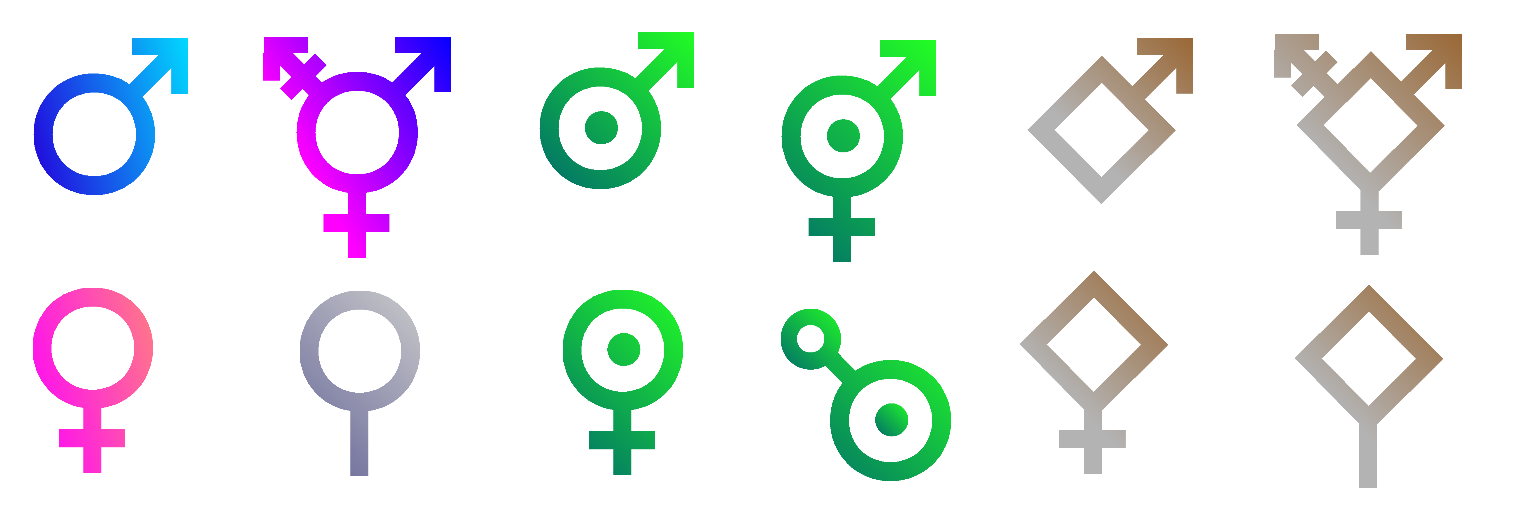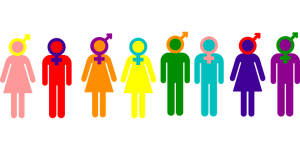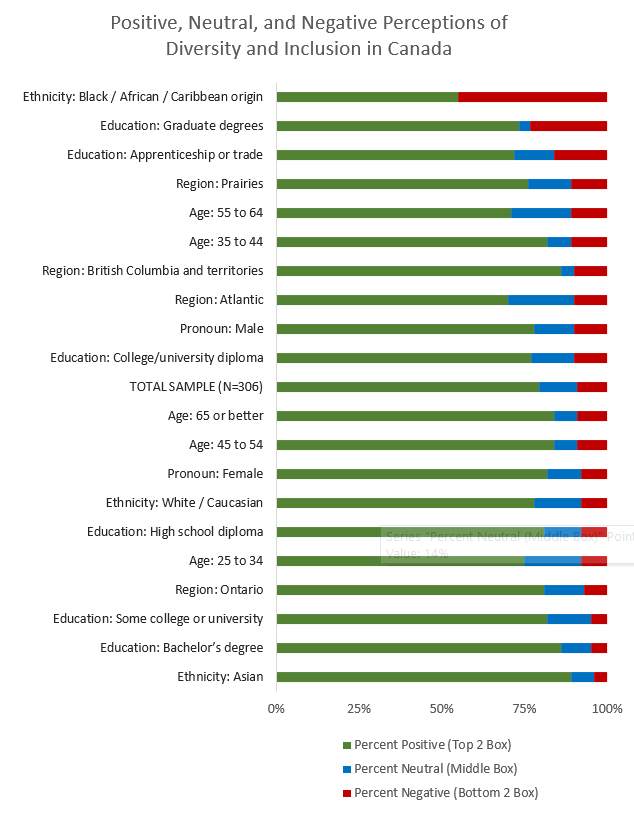Though some cultures have long appreciated the fluidity of gender, it’s only been in recent years that Western cultures have considered it more broadly and with more acceptance. Some people continue to feel that sex and gender must mean the same thing while others feel that the terms reflect two completely different concepts.
Statistics Canada recently released new definitions of these terms which fall into the second category – sex and gender mean two different things. Here are the definitions as provided on their website.
Gender: Gender refers to the gender that a person internally feels (‘gender identity’ along the gender spectrum) and/or the gender a person publicly expresses (‘gender expression’) in their daily life, including at work, while shopping or accessing other services, in their housing environment or in the broader community. A person’s current gender may differ from the sex a person was assigned at birth (male or female) and may differ from what is indicated on their current legal documents. A person’s gender may change over time.
Sex: Sex refers to sex assigned at birth. Sex is typically assigned based on a person’s reproductive system and other physical characteristics.

How will these new definitions affect market and social researchers?
In fact, they might not! Researchers in Canada are not required to use these definitions but it is important to understand why you might or might not use them. First, if one of the goals of your research is to match results to StatsCan results, you will have to use the same definitions. Second, if you want to be respectful to people who have volunteered their time to participate in research, it makes sense to understand the difference between the terms and use the right one for your research objective.
If you find that you need to use both terms in your research, take care when analyzing and reporting the results. It is possible for someone with a female sex to report themselves as a male gender, so the terms cannot be interchanged. If you do, you run the risk of generating inconsistent or contradictory results.
When should you use each term?
If you’re conducting research on products and services that have an inherent dependence on sex, then that is the variable that must be used. For instance, many medical and pharmaceutical products and services rely on knowing a person’s biological make-up, such as sex-linked illnesses and physiological expression, fat deposits, bone density, reproductive organs, genes, hormones, and so much more. Thus, research about medications, medical devices, vitamins and supplements, and patient experiences should consider whether the sex variable is more appropriate.
On the other hand, if you’re conducting research for products and services that might be preferred, liked, enjoyed, appreciated, or recommended differently, gender is likely the more appropriate variable to use. Products like body wash, hair supplies, moisturizers, and even skirts and earrings could easily demonstrate preferences by gender but there is no inherent reason that they would demonstrate preferences by sex. Cultural, societal, and family stereotypes of which sex might use certain products and services are not valid reasons to use the sex variable instead of the gender variable.
Lastly, consider whether you even need to specify either term. If extreme precision is not necessary, you might not need to use the word sex or gender. Simply ask people whether they are male or female, or a man or a woman and let them choose the answer that is most appropriate for them.




